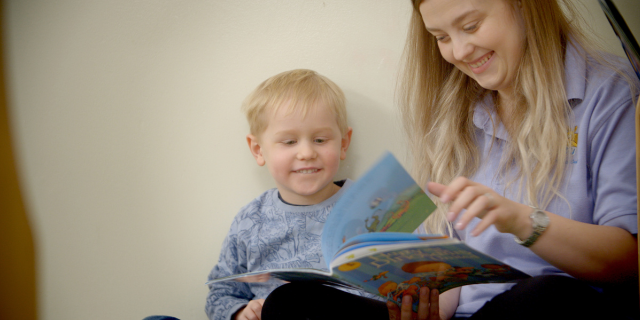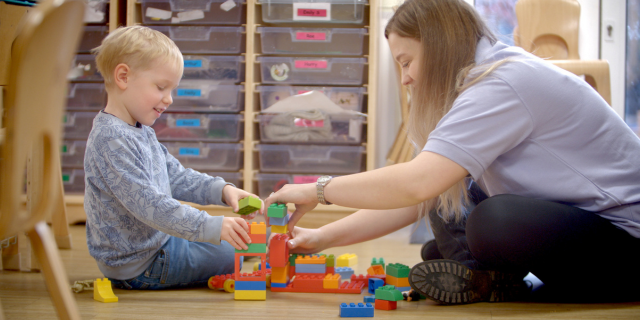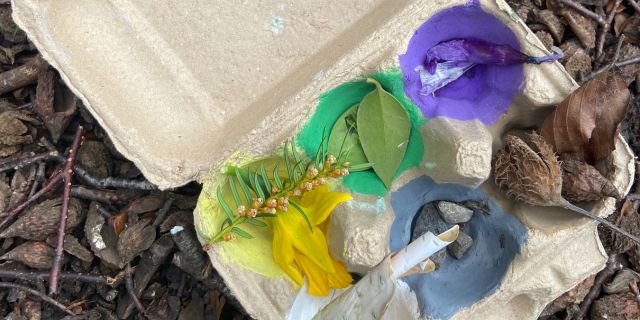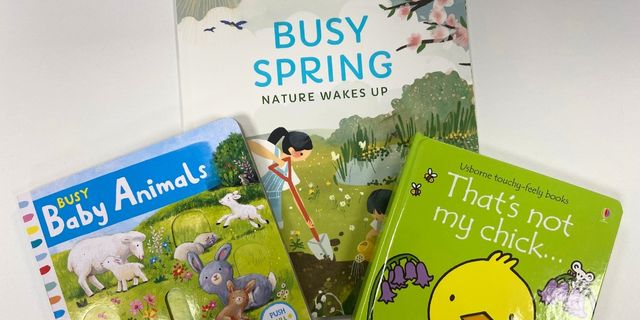Blog
Sing & Sign for Under 2’s
Blog
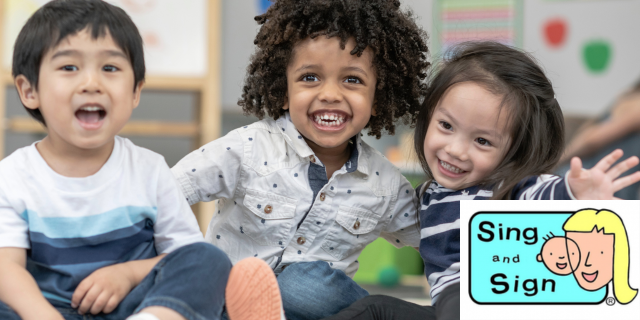
Staff at Grandir UK nurseries use key word signing along with the spoken word when implementing the Sing and Sign Programme to support the development of babies and toddlers early communication skills. This includes developing their understanding and early vocabulary which enables them to express their needs, thoughts and ideas .
Grandir UK encourages the use of simple keyword signing alongside normal speech through the Sing & Sign programme, to enhance communication between babies, toddlers and staff.
The typical speech and language development in the first three years of your child’s life is an impressive process! As part of this process, typically between 8 and 24 months, while speech is becoming established, babies naturally use a combination of gestures and sounds in attempts to communicate. For example, babies may point, shake their heads and wave ‘bye-bye’.
Through the introduction of Sing & Sign, little ones are introduced to extra gestures to help support and extend their developing communication skills. These extra gestures can be described as ‘baby signs’ and enable children to express themselves more clearly while speech is in the earliest stages of development. The mutual understanding of these signs between baby and adult can eliminate many of the pre-verbal frustrations for both parties.
Sing and Sign’s Guidelines for successful baby signing
- Follow your baby’s lead and introduce signs you think they may want to say
- Always say the word as you sign – never sign in silence
- Speak slowly but in a natural way
- Keep it simple, use one sign per sentence when speaking with your baby
- You can sign full sentences in song
- Happily, accept any signing attempts from your baby, even approximate imitations but be consistent in how you show a sign
- Avoid encouraging your baby to “perform” signs on demand
- Be patient and relaxed about baby signing
- Praise, praise, praise!
Our nursery staff teams undergo regular training and refreshments to ensure they are up to date with the necessary signs, song and teaching methods to support the children’s communication and language development. The young children respond well to being taught by the practitioners they know and love, engaging with them instantly and being given daily opportunities to practise and enjoy the experience, rather than interacting with an external provider.
Share this article
Related blog/news
Swipe to see our latest articles.

